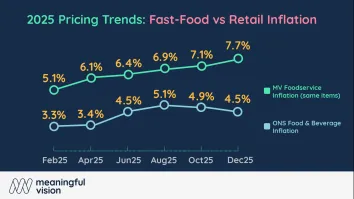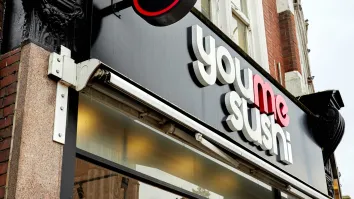Coronavirus Act 2020: implications for landlords and tenants
(Editor's Note: The commentary is written by Trethowans associate Linden Talbot. Original article here. Reposted with permission.)
Further to the implementation of the Coronavirus Bill (now the Coronavirus Act 2020), special measures have been brought in to assist commercial tenants affected by coronavirus.
Non-payment of rent
The Act, which was passed by Parliament on 25 March, postpones a landlord’s ability to bring proceedings against a business tenant to forfeit the lease where the tenant has missed rent payments until 30 June 2020. The meaning of ‘rent’ in the Act is broadly drafted to mean any sums due under a lease and therefore will include not just annual rent, but also includes any service charge, insurance rent and other outgoings which would usually be payable by the tenant.
The postponement also applies to forfeiture proceedings for non-payment of rent which were started before the Act came into force. This means that courts will not order business tenants to vacate their premises for non-payment of rent prior to 30th June 2020.
The Act has also clarified that where a landlord would like to oppose a tenant’s request for lease renewal, the landlord must disregard persistent delay in paying rent during the relevant period as a ground for opposing a tenant’s request for renewal. The relevant period starts from 26th March and runs until 30 June 2020.
The Act does not mean that the obligation to pay rent is waived or deferred and the obligation on the tenant to pay rent remains. The new measure simply means that a landlord cannot force a tenant to vacate its premises for non-payment of rent during the relevant period. As an alternative, landlords can still claim other remedies such as charging interest on unpaid rent, drawing down on a rent deposit or any other remedy as provided for by the terms of the lease. However, landlords and tenants will be expected to have conversations and agree to suitable voluntary arrangements as far as commercially reasonable.
Where a landlord’s commercial property is subject to a mortgage, a landlord may owe certain obligations to the bank where a tenant misses rent payments. The Act does not suspend any such obligations owed by a landlord to its lender. However, as the financial sector is being urged to assist businesses as far as possible during the current crisis, lenders may take a more relaxed approach and accept that in some circumstances, landlords may not be in a position to comply with the terms of their facility agreement.
Large chains and independent businesses alike have already confirmed that they will not be paying rent for this quarter (and potentially the next), including Primark and Burger King. Landlords and tenants continue to be urged to start conversations with each other regarding potential voluntary arrangements in respect of rent payments over the coming months. It has been reported that Debenhams has requested a five month rent holiday while New Look has asked for a three month rent holiday.
Rent reduction
It is unlikely that a tenant could claim a rent reduction as of right where they are unable to use the premises because of Covid-19. The reason for this is that a force majeure clause within a lease (which allows either party to suspend the obligations under the lease) is very unlikely to cover coronavirus and/or the current situation. The obligation to pay rent is usually only suspended where the premises suffers damage or destruction which makes it unusable.
However, a rent reduction may be suitable for negotiation in some scenarios and could be considered by landlords and tenants alongside other potential remedies such as rent deferrals or suspensions. It is also worth noting that where a lease prescribes a ‘turnover rent’ whereby the rent is defined as a proportion of business turnover (common in the retail sector), these are likely to be significantly impacted by premises closure.
Lease frustration
It is also unlikely that tenants would be able to argue that the lease has been frustrated due to a temporary inability to occupy the property because of coronavirus. The bar for frustration is high and a tenant must show that a supervening event has altered the parties’ obligations so significantly that the lease is effectively brought to an end. The coronavirus situation in the UK is unlikely to meet this test. However, it is worth being aware of any break clauses within the lease which a tenant may be minded to exercise given the current climate.
Comment
The importance of landlords and tenants having an open and honest dialogue in relation to their individual situation cannot be overstated. Both landlords and tenants should be instigating conversations at the earliest opportunity where their business is affected by coronavirus to try and agree terms for potential rent suspensions or deferrals in order to avoid having to resolve potentially costly disputes further down the line.
























